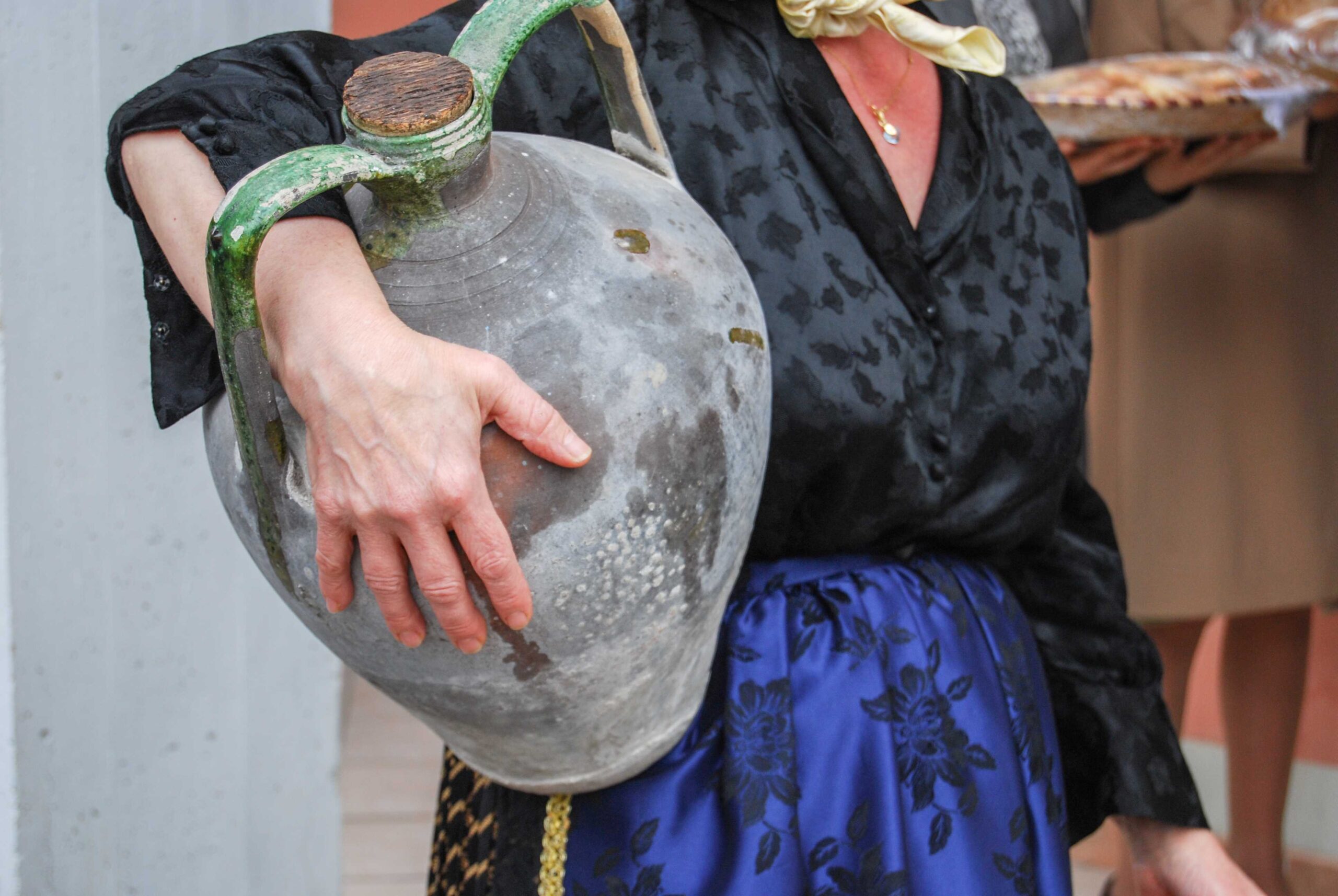
Read: Genesis 16:1-16; 21:8-21; 25:7-18
But Abram said to Sarai, “Your slave-girl is in your power; do to her as you please.” Then Sarai dealt harshly with her, and she ran away from her. The angel of the LORD found her by a spring of water in the wilderness, the spring on the way to Shur. And he said, “Hagar, slave-girl of Sarai, where have you come from and where are you going?” She said, “I am running away from my mistress Sarai” (Genesis 16:6-8 NRSV).
“When will Papa be home?”
The question came from my youngest granddaughter, Tikvah. She squirmed off my lap and ran to the open door of the tent.
“Just keep watching,” I said with as much patience as I could muster. She’d asked me the same question ten times a day for the last week. “It takes a long time to travel from Paran to Mamre and back. And you can’t expect him head straight home after burying his father, Abraham. He hasn’t seen that branch of his family for years. They’ll have a lot to talk about.”
Tikvah scowled at me, unconvinced.
“I’m sure he’s telling them all about you, Sweetheart,” I assured her. This prospect seemed to please her, and she skipped off to watch for her father with renewed enthusiasm.
Although I wouldn’t admit it to Tikvah, I was just as eager for Ishmael’s return. And I’d spent several restless nights wondering how the reunion was going. Still, when we’d received word of Abraham’s death, he could hardly ignore the news. I tried to reassure myself that Isaac would not have sent word if he hadn’t wanted Ishmael to come.
With a sigh, I reached again for the wool I had been winding before Tikvah had clambered up onto my lap. If you must fret, it’s best to keep your hands busy, I always say. And if I’m going to take a trip down memory lane, I try to focus on gratitude rather than grudges.
I have to admit, however, that the news of Abraham’s death has stirred up a lot of memories. Ours was a complicated relationship, to put it mildly. And don’t even get me started on my relationship with Sarah. Still, if it hadn’t been for those complicated—and yes, painful—years, I would not now be the matriarch I’ve become. My Ishmael has twelve (count them, twelve!) sons and almost as many daughters. The Hebrew God was serious, it seems, about making Ishmael a “great nation.”
So many babies—and so many names! It’s a challenge to come up with new ones at the pace they’re going! But Ishmael and his wife always consult me when it’s time to name a new baby. They know it’s a sensitive subject for me. My own name, “Hagar,” was given to me by my Hebrew masters. It means “forsaken,” and that’s often how I felt while I lived with them. Of course, it also means “flight,” which seems a pretty silly thing to name your slave. Sarah had no business acting surprised when I ran away—especially after the way she treated me!
But I said I was going to focus on gratitude rather than grudges, so I won’t go there.
Back to my interest in names. I suppose it really took hold when God appeared to me in the wilderness that first time. “Now you have conceived and shall bear a son,” the Hebrew God said to me. “You shall call his name Ishmael.” That means “God hears.” Well, I couldn’t argue. God had heard my cries out there in the wilderness, pregnant and afraid. I was so excited by both the rescue and the conversation (who expects God to show up for a talk?), that I gave God a name, too. “You are El-roi,” I proclaimed. “God who sees.” That God saw me—and that I saw God and lived to tell about it—are still a miracle to me.
When Ishmael brought me his youngest daughter, fresh from her mother’s womb, I knew just what I would name her. Tikvah. It means “hope.” Whenever I look at her, I remember how God gave me hope when I had none.
So, now you know why I have a soft spot in my heart for little Tikvah. Every time I see her, I know I may still be “Hagar,” but I’m not “forsaken.” I will always have hope.
Ponder: What do Hagar’s imagined reflections spark in you?
Pray: Name us as your own beloved children, merciful God. Then help us to treat one another as such.









